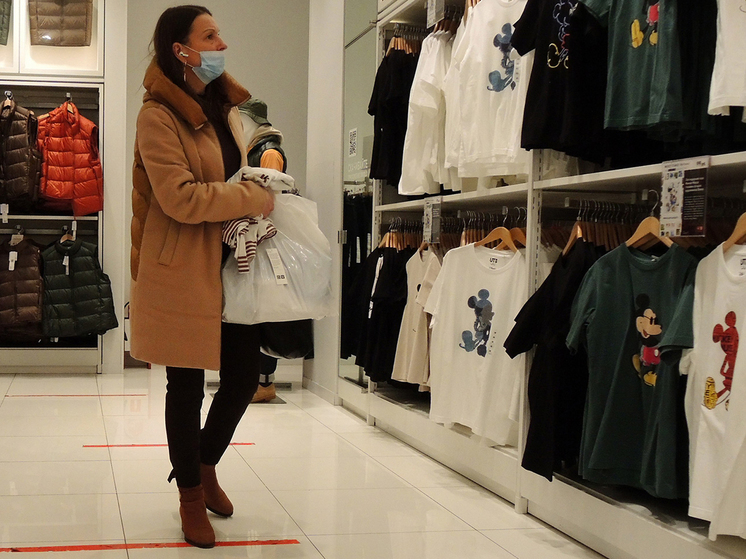The fiscal impulse is having an impact: consumers are spending more
Rosstat reported a record growth in real disposable income of the population over the past ten years — plus 9.6% in the second quarter in annual terms. The indicator itself is remarkable, but there are nuances. Firstly, it is directly related to the abnormally low unemployment rate — 2.4% in June. Secondly, it does not reflect serious differentiation in income in two aspects — regional and sectoral. Simply put, the thesis “life has become better, life has become more fun” is clearly not about today.

In the first half of 2024, real disposable income increased by 8.1%, real (after deducting inflation) wages — by 10.1%. According to the Ministry of Economic Development, the leading growth industries (20% or more in May of this year) were: finance, construction, manufacturing, motor transport, postal services and delivery, recruitment. The outsiders were education, rail freight transportation, real estate transactions, coal mining.
Experts agree that the situation is primarily due to the lack of personnel, which in the second quarter hit a new historical low. Monitoring of enterprises conducted by the Central Bank showed that the economy lacks engineers, fitters, IT personnel, warehouse workers and drivers. As stated by the head of the regulator Elvira Nabiullina, 75% of Russian employers complain about the labor shortage. Minister of Economic Development Maxim Reshetnikov classified the problem as one of the main economic risks and challenges.
We should not forget about the total income gap of Russians: according to the same Rosstat data for 2023, the income of the 10% of the wealthiest population exceeds that of the 10% of the least wealthy by 14.8 times. The abnormality of the situation is also indicated by the latest measurements of the Ministry of Finance. According to Minister Siluanov, the increase in the personal income tax rate from 2025 will affect only 3.2% of working citizens — those who earn over 200 thousand rubles a month. The imbalance is also recorded by types of economic activity, for example, in the oil and gas industry people receive an average of 130 thousand rubles a month, general practitioners — 50 thousand. As for the regional breakdown, in Moscow the average real salary is about 85 thousand rubles, and, for example, in Ingushetia and Mordovia — 32 thousand.“The population's income will grow as long as the state finds financial resources to implement a budget impulse policy, large-scale saturation of the economy and its priority sectors, primarily the military-industrial complex, with money, says Igor Nikolaev, chief researcher at the Institute of Economics of the Russian Academy of Sciences. — And it is wrong to think that the only beneficiary in this case is the defense sector. Look how much couriers' salaries have increased. In turn, the shortage of personnel, especially acute in mechanical engineering and processing, forces companies to join the salary race. Today, we have more than four vacancies per applicant, this has never happened before.”
The flip side of what is happening is inflation, which is fueled by the growth of consumer demand. Of course, Nikolaev argues, Russians should receive more for their work, but this should be balanced by effective anti-inflation measures. In addition, the Central Bank points out the risks associated with the lag in labor productivity compared to income.
“Let's recall what the economic results were in the first half of 2023, especially the first quarter, when GDP fell by 1.8% due to the sanctions against Russian oil and oil products, “says Alexey Zubets, professor at the Financial University under the Government of the Russian Federation. “Against the backdrop of the income and salary indicators of that time, the current ones look impressive, but we must understand that now they will only decrease, since we are talking about the low base effect. I think that by the end of 2024, real incomes will grow by about 5%, real salaries — by 6%”.
If we talk about the general well-being of Russians, then, in Zubets's opinion, there are obvious positive changes: according to the latest data from Rosstat, for the first time in the country there are no households that do not have enough money for food. In addition, today the level of anxiety and various kinds of social fears is extremely low. As for the problems, the MK interlocutor mentioned the rise in prices of durable goods, in particular cars and large household appliances, which have become inaccessible for many.


